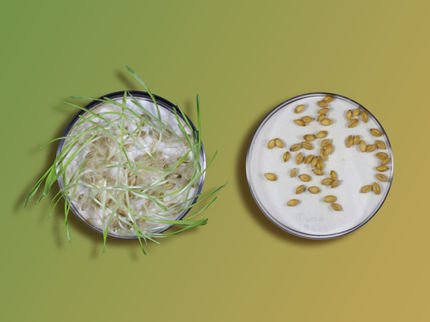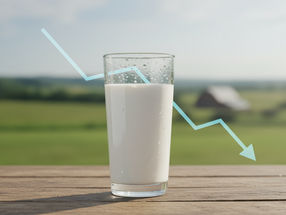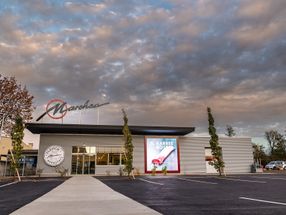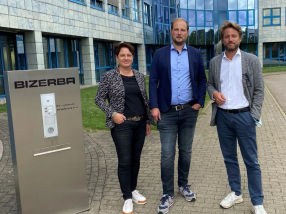Global Food and Drink Trends for 2030
Advertisement
Expect to see consumers further prioritise plants in their diets, with the planet's health in mind as much as their own. From beer made from rejected cereal pieces to containers made from organic mushroom waste, food waste will lead the way for more sustainable consumption and innovation.

Photo by Lily Banse on Unsplash
Consumers will gain a better understanding of what makes them unique using health testing services, artificial intelligence-enabled apps, and increased personal data collection. Meanwhile, with consumers expected to live longer, many will want to learn how their diet can benefit long-term cognitive health.
Following in the footsteps of molecular whiskey, expect to see brands use science and technology to create new products, shorten production time, and confirm trustworthiness. Meanwhile, new ingredient growing regions, such as those in Africa and India, and agricultural innovations, including floating farms, will emerge to tackle global food insecurity.
Looking ahead, Alex Beckett, Associate Director, Mintel Food & Drink, discusses how issues of health, technology, and trust will inspire formulation, packaging, marketing, and more in the years to come.
Change, Incorporated
“In the next decade, consumers will be hungry for leadership and demonstrable change on environmental issues, ethical business practices, public health, and other important causes. Consumers will reward brands that take action and improve important societal issues. The companies that will win in the next 10 years will be those that fuel the new era of conscious consumption. Tomorrow's conscious consumers will be looking for eco-friendly packaging and products, while also seeking guidance on how to make their diets more sustainable.”
Smart Diets
“Looking ahead, more consumers will be able to gain in-depth knowledge of their biology through personal health testing kits which will empower them to personalise their diet and health regimes. Analysis of these tools will inform consumers of the steps they need to take to address every aspect of their health, including brain and emotional wellbeing. As a result, in order to succeed over the next decade, brands will need to offer more personalised product offerings, develop smart home solutions, and assist consumers in addressing mood and brain health.”
High-tech Harvests
“Science will interlace with the food supply chain to boost yields and combat climate change. Celebrating the sustainable, health, and cost benefits of lab-grown food will be crucial in educating consumers about nature-identical alternatives. But the food and drink industry will be compelled to elevate the role of nature, and humans, in the storytelling of these new, modern solutions. Transparency of information is essential to building trust in a future where scientists play as integral a role as farmers. And championing the people behind the food—whether it is grown in a laboratory or a field—will remain a timeless way of building trust with consumers."
Other news from the department business & finance
Most read news
More news from our other portals
See the theme worlds for related content
Artificial intelligence (AI) for food and beverages
Artificial intelligence (AI) is optimizing the food and beverage industry through automated quality control and more accurate demand forecasting. AI plays a particularly important role in product development by analyzing taste preferences and market trends. This allows new products to be developed that are better tailored to consumer needs, increasing efficiency and customer satisfaction.
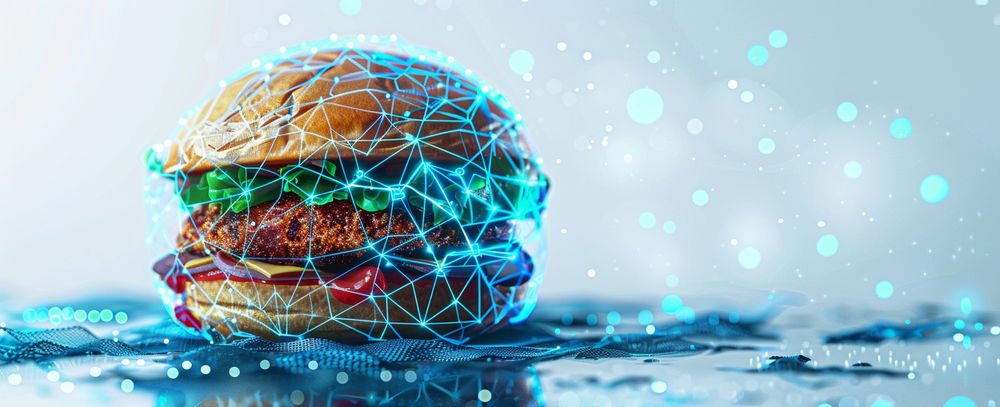
Artificial intelligence (AI) for food and beverages
Artificial intelligence (AI) is optimizing the food and beverage industry through automated quality control and more accurate demand forecasting. AI plays a particularly important role in product development by analyzing taste preferences and market trends. This allows new products to be developed that are better tailored to consumer needs, increasing efficiency and customer satisfaction.



